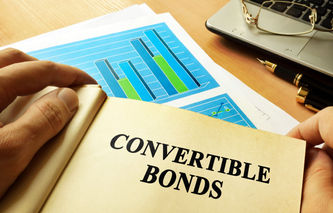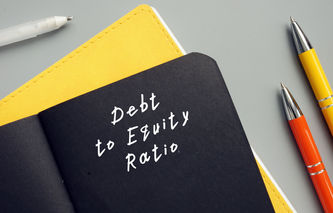Definition
The term induced conversions of convertible debt refers to a process whereby an issuer desires to encourage the conversion of debt to equity. Induced conversions typically include a "sweetener" such as additional stock or cash.
Explanation
In order to lower interest costs or reduce its debt to equity ratio, a company's management team may decide to offer holders of convertible debt an additional consideration if they convert their securities into shares of common stock. The additional consideration will oftentimes include a cash "sweetener" or extra shares of stock if bondholders agree to convert their securities in a certain timeframe.
If offered, the inducement should be recorded as an expense in the current period at the fair market value of the consideration provided. Typically, the journal entry associated with this transaction would include a debit to a conversion expense account.
Example
Company A's management team was concerned their bond ratings were going to be downgraded as a result of an increase to their debt to equity ratio. In the fourth quarter of the year, Company A offered holders of convertible bonds the opportunity to convert their securities into shares of common stock at a 10% premium. The offer included $5,000,000 in convertible bonds, along with 220,000 shares of common stock with a current market value of $25.00 and a par value of $0.01 per share.
The journal entry to record the induced conversion would be as follows:
Debit | Credit | |
Bond Conversion Expense: 10% premium | $500,000 | |
Bonds Payable | $5,000,000 | |
Common Stock: 220,000 shares x $0.01 par value | $2,200 | |
Additional Paid-in Capital: 220,000 shares x $24.99 per share | $5,497,800 |
Related Terms



